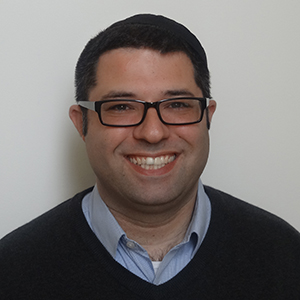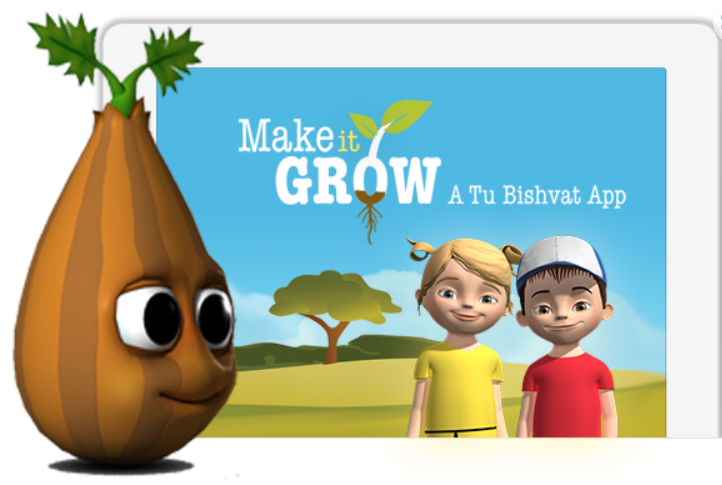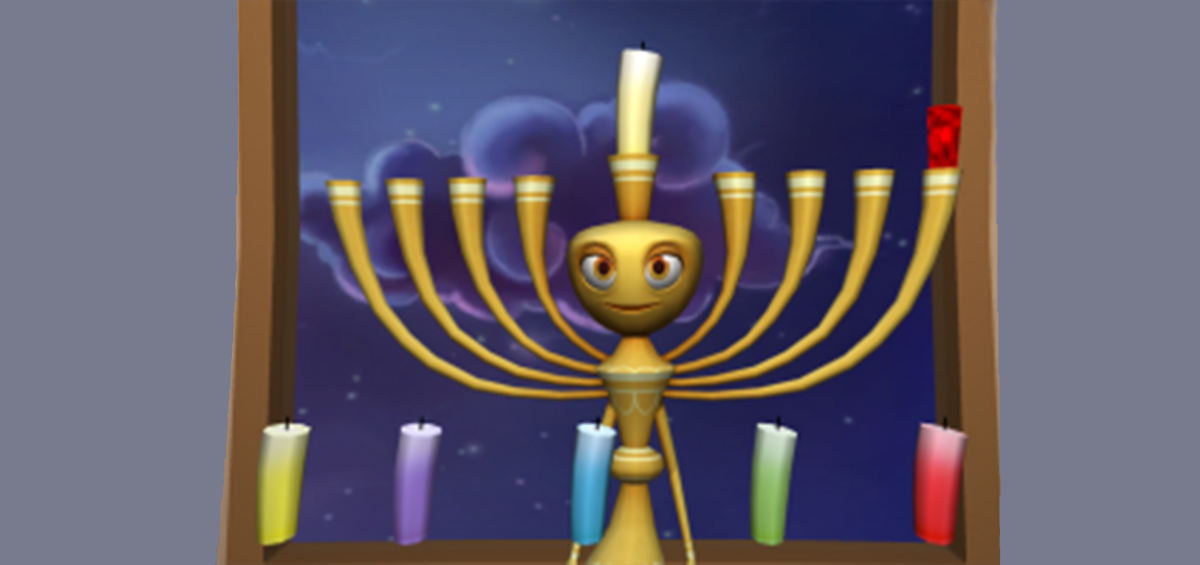Written by Rabbi Johnny Solomon
A basic reading of the section of the Bible known as the Torah (Pentateuch) has led many people to conclude that good only occurs when humanity listens to God and that when we do not, bad things happen.
Perhaps even more stark in its message is the section of the Bible known as the Neviim (Prophets), because it is from these stories that we deduce that humanity very rarely listens to God, which is why so much bad occurs.
However, embedded in the section of the Bible known as the Ketuvim (Writings) is Megillat Esther (The Book of Esther), and it is in this book – which is the only book in the Bible that does not mention the Name of God – where we have a very different yet critically important message. Put simply, what we learn from this inspirational story is that even when the Word of God cannot be heard, humanity can act in ways that reveals the Will of God.
Naturally, all this makes Megillat Esther unique. Unlike most other Biblical stories whose heroes are God or a prophet, and in contrast to most other Biblical stories whose positive outcome is the result of miracles or plagues, Megillat Esther affirms the impact we can have – even when we struggle to see the Hand of God in our lives. Consequently, while Megillat Esther may inspire people to have faith in God, it does so through nurturing our faith in what we – as humans – can achieve. As Rav Tzaddok HaKohen of Lublin famously remarked ‘just as a person must believe in God, so too, they must also believe in themselves’.
Many people believe that a key message of Purim, when we dress up, wear masks, and read Megillat Esther, is to highlight the fact that behind the façade of so-called natural events and human intervention is the Hand of God. However, I believe that while we often struggle to see the Hand of God in the world, we no-less regularly fail to see the opportunities of humanity to make a difference in the world – while we struggle to have faith in God, we equally struggle to have faith in ourselves – and so it is on Purim when we wear masks and pretend we are someone we are not, to inspire us to become who we can be.
So let us use this Purim to remind us of our potential; let us use this Purim to remind ourselves to have faith not only in God, but also ourselves, and by doing so, let us inspire ourselves to begin the slow yet self-fulfilling journey of growing into who we need to be.


Rabbi Johnny Solomon is a passionate, reflective and energetic Jewish educator. He has a BSc (Hons) in Maths and Religious Studies, a teaching qualification from the University of Herfordshire and semicha from the Montefiore Kollel in London. While living in London, Johnny held numerous senior positions in Jewish education including Head of Jewish Studies at Immanuel College, Assistant Head at Naima Jewish Preparatory School, Team Leader at the Jewish Curriculum Partnership and Head of Jewish Studies at Hasmonean Girls’ School. In 2012 Johnny moved to Israel where he spends his time writing great Jewish educational content for Jewish Interactive, and teaching at post-high school seminaries.















Leave a Comment